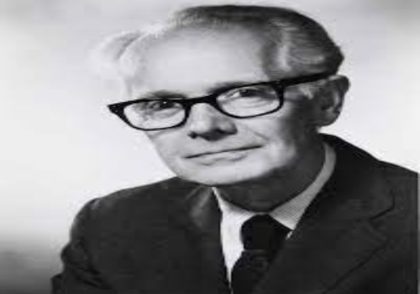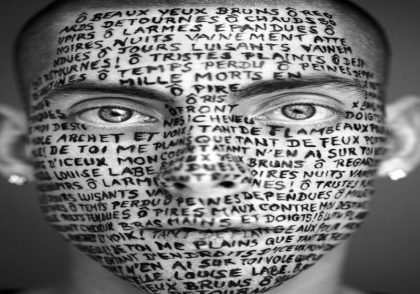Id in Freud’s theory

The Ego as a Part of the Id in Freudian Theory
Freud’s conceptualization of the ego emphasizes its close relationship with the id rather than treating them as completely separate entities. He famously stated that “the ego is not sharply separated from the id; its lower portion merges into it” (Freud, 1923). This implies that the ego is essentially a modified extension of the id, functioning as part of a single biological unit and influenced by instinctual drives originating in the id (Freud, 1925). The ego, therefore, shares the motivational foundation of the id, grounded in basic instinctual needs.
Freud also introduced the idea of “ego-instincts,” a set of self-preservative drives such as hunger, which contrast with libidinal (sexual) instincts. These ego-instincts represent the source of internal conflicts and repression mechanisms within the psyche (Freud, 1910). The ego, conceptualized as a collective of ideas and drives, can both act as subject and object of cognition, reflecting its complex and fluid nature (Laplanche & Pontalis, 1973).
Importantly, Freud resisted reifying the ego as a single, unified agency. Instead, he described it as composed of multiple, sometimes conflicting instincts that may split and re-integrate dynamically over time (Freud, 1933). This nuanced view highlights the ego’s role as a mediator balancing instinctual demands and external realities.
Despite its early prominence, the concept of ego-instincts has received limited attention in psychoanalytic literature, often being equated simply with ego functions (Hartmann, 1958). Nonetheless, understanding the ego’s biological drive basis remains crucial for grasping its motivational and regulatory roles.
References
-
Freud, S. (1910). The psycho-analytic view of the psychogenic disturbance of vision. The Standard Edition of the Complete Psychological Works of Sigmund Freud, 11. https://www.pep-web.org/document.php?id=se.011.0209a
-
Freud, S. (1923). The ego and the id. The Standard Edition of the Complete Psychological Works of Sigmund Freud, 19. https://www.pep-web.org/document.php?id=se.019.0012a
-
Freud, S. (1925). Negation. The Standard Edition of the Complete Psychological Works of Sigmund Freud, 19. https://www.pep-web.org/document.php?id=se.019.0235a
-
Freud, S. (1933). New introductory lectures on psycho-analysis. The Standard Edition of the Complete Psychological Works of Sigmund Freud, 22. https://www.pep-web.org/document.php?id=se.022.0001a
-
Hartmann, H. (1958). Ego psychology and the problem of adaptation. International Universities Press.
-
Laplanche, J., & Pontalis, J.-B. (1973). The language of psycho-analysis (D. Nicholson-Smith, Trans.). W. W. Norton & Company.







Leave a Reply